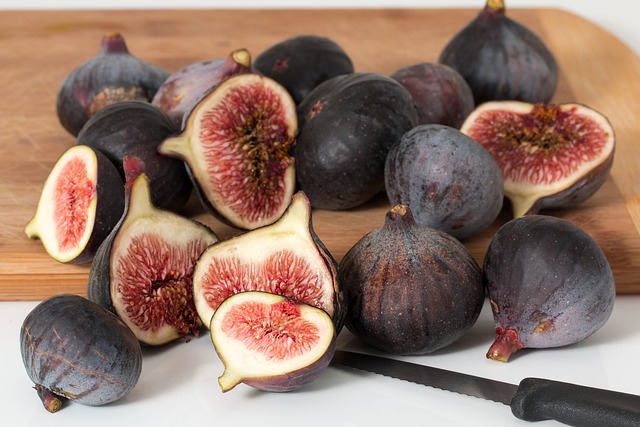There are more and more functional foods in supermarkets that can provide an added benefit, but there is also more and more knowledge about everything that foods can provide from within. This is the case of exosomes, discovered relatively recently in foods and whose isolation can bring health benefits.
But what are exosomes? Specifically, they are “ a type of nano-sized extracellular vesicle (between 30 and 200nm) and spherical in shape with a phospholipid bilayer structure released by cells that can contain proteins, bioactive compounds-vitamins, active lipids, microRNAs that cannot replicate and that have demonstrated high stability and mainly anti-inflammatory and antioxidant properties ,” explains Pedro L. Prieto-Hontoria , general director of Be Food Lab and member of the Spanish Academy of Nutrition and Dietetics (AEND).
As Prieto-Hontoria lists , “ we can find exosomes in foods such as broccoli, tomato, grapefruit, lemon, apple, ginseng, ginger, cheese by-products, strawberries, fig, turnip, hemp seeds, brewer’s yeast, whey, moringa or fermented tea drinks, among others ”. The good news is that “they can remain stable in strongly acidic environments such as our stomach, due to this lipid bilayer. Consequently, they can act as new vehicles for bioactive compounds that are absorbed and thus exert the preventive effect attributed to them”, explains the AEND academic .
Current scientific evidence has confirmed that “ food-derived exosomes have a potential role in preventing some gastrointestinal diseases, inflammation, cardiovascular pathologies, diabetes, strengthening the immune system and neurodegenerative diseases ,” says Prieto-Hontoria . The key lies in the biomaterials of these exosomes such as microRNA, bioactive compounds (lycopene, omega-3, rutin, gingerol, shogoal, astaxanthin, L-arginine, curcumin, resveratrol), proteins and lipids, “which regulate gene expression, cellular processes and signaling pathways in target cells that are affected by the disease. These exosomes influence physiological processes and immune responses , so they can be used as new therapeutic agents that complement other treatments,” says the expert.
Promising future
Exosomes could be part of the new precision or personalized nutrition , “ but we must mention that many more studies in humans are needed, since much of the evidence currently available is in animal models or in vitro ,” warns Prieto-Hontoria , who recalls that “the limitations or challenges also come from knowing their mechanisms of action, safety or biodistribution. Exosome therapy is a novel technology that is still in the clinical research phase and requires further studies to establish its efficacy and safety in humans. However, we can say that it is possible that the isolation of certain bioactive compounds, fibers, probiotics, prebiotics, or postbiotics and their nanoencapsulation may be a new way to help achieve better health. The food industry needs more mature technologies with proven efficacy and safety, such as nanoencapsulation approved by the EFSA .”
Author: Raquel Bonilla
Source: msn.com
Note: The Nutrigenomics Institute is not responsible for the opinions expressed in this article.
PHOTO BY PIXABAY.






